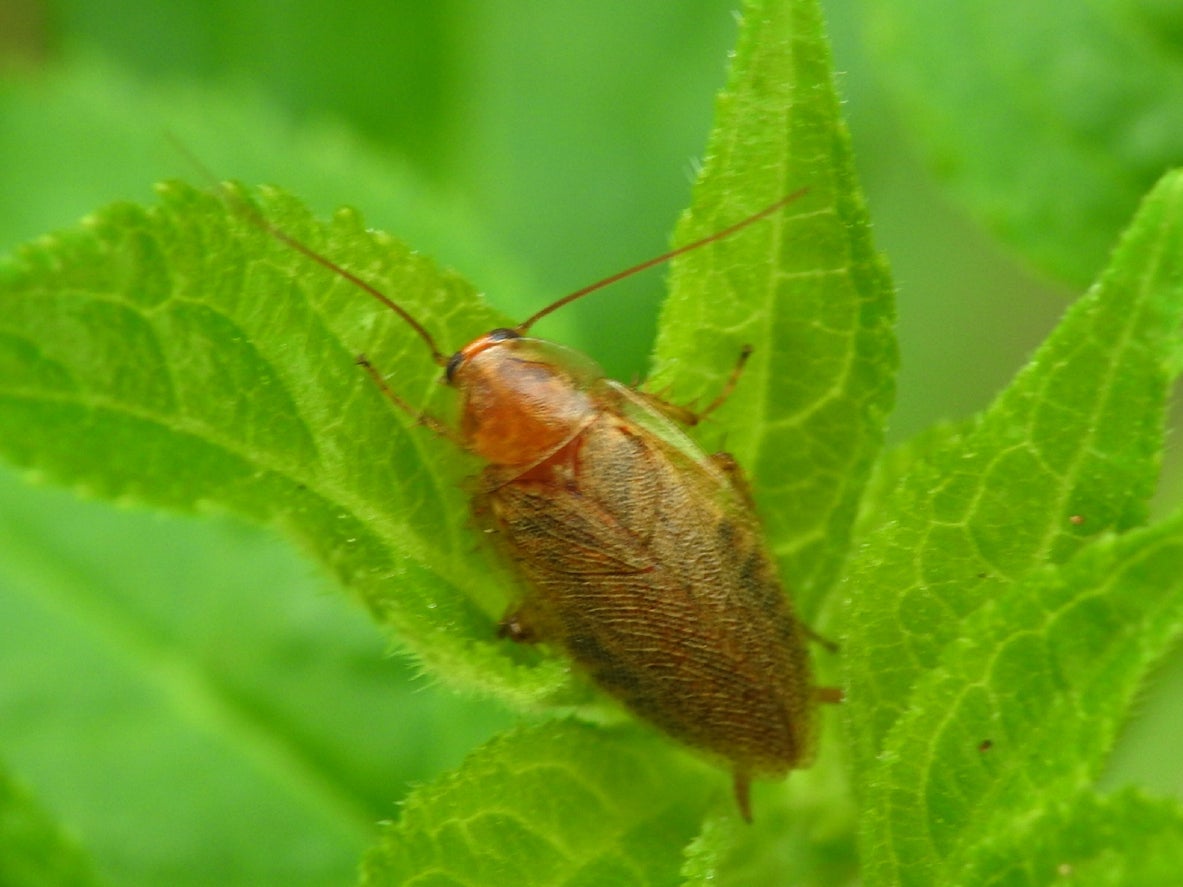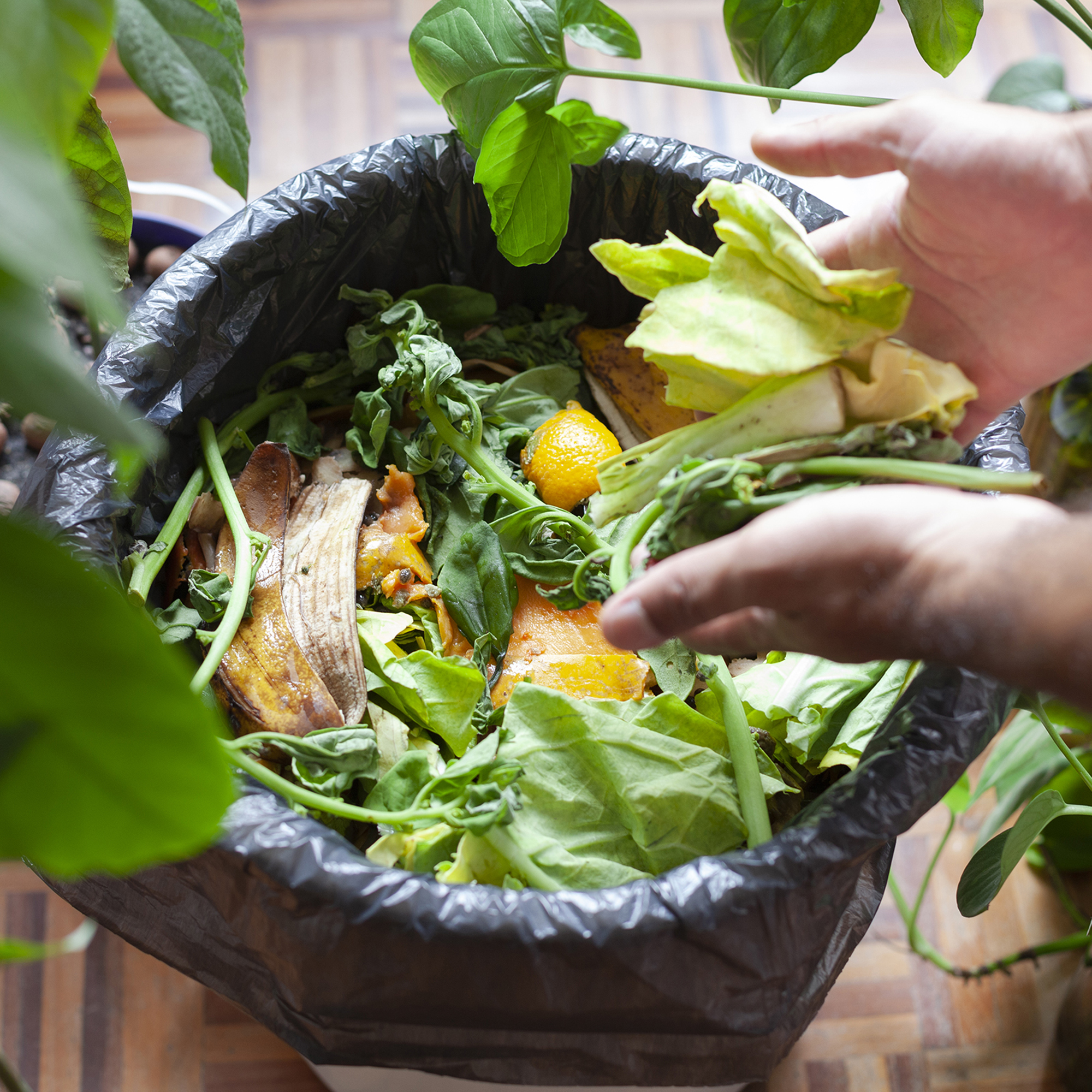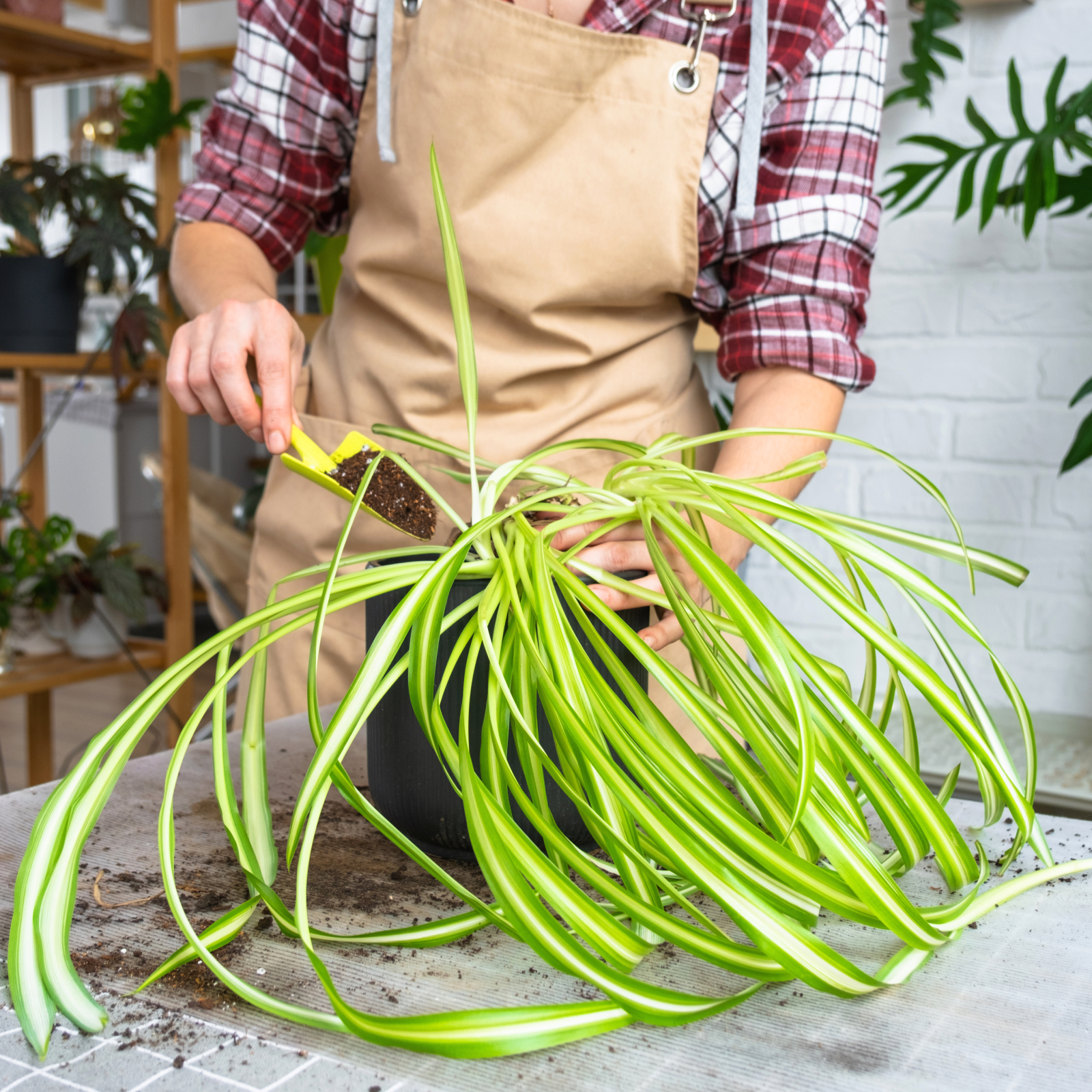Garden Roach Control – Learn How To Kill Cockroaches In Your Garden

Folks in areas without roaches might be surprised to hear that these insects are equal opportunity scavengers. This means that in areas where roaches thrive, you are just as likely to find roaches in the garden as indoors. Outdoor roach problems can soon become indoor roach problems, which means that garden roach control should be a priority. Read on to learn how to kill cockroaches in the garden.
Garden Roach Control
Just like every other creature on the planet, cockroaches are looking for food, water, and shelter. If you find roaches in the garden, you are likely providing all three. So, the first thing to do when controlling garden roaches is to remove any food or water sources and minimize areas that will harbor the pests. Pest control experts refer to this as “exclusion.”
Look around the yard for any sources of water such as upturned flower pots, watering cans, or buckets and remove them. Repair any leaky faucets or hoses. Fill in low lying areas that retain water and keep the gutters clean. Also, limit watering to the morning hours so the lawn has time to dry.
If you are using food waste in the compost pile, you might need to rethink that. If not, make sure that you are practicing proper composting techniques and the pile is hot so things break down rapidly. Also, remove any vegetable or fruit detritus from the garden.
Roaches can find almost any place to hide. Controlling roaches in the garden means you need to think like the pests and remove anything they shelter in. This means raking leaves and other debris up, cleaning cluttered areas of garden supplies, storing firewood off the ground and away from the house, and cutting back overgrown areas of the yard.
How to Kill Cockroaches in the Garden
If after a thorough exclusion, you still have outdoor roach problems, it’s time to change tactics and try to kill them rather than control them. The first line of defense is diatomaceous earth. This non-toxic powder is made of ground up fossilized seashells. The sharp powder pierces the insects’ body, drying them out and killing them.
Apply diatomaceous earth with a pest control duster or power duster when conditions are dry. Concentrate on covering areas where the pests can hide such as under shrubs, trees, and areas of dense foliage or long grass.
Gardening tips, videos, info and more delivered right to your inbox!
Sign up for the Gardening Know How newsletter today and receive a free copy of our e-book "How to Grow Delicious Tomatoes".
If the diatomaceous earth doesn’t do the trick, you can try using poisonous gels, sprays, sticky traps, and bait stations or a combination thereof. Sticky traps are difficult to use outdoors, however, and sprays are only good for immediate control.
Another way of killing roaches in the garden is by using parasitic wasps. These beneficial insects are a long-term natural solution to roaches in the garden. Some garden stores sell wasps that can then be released in the garden. To keep the wasps around, plant herbs that are attractive to them such as cilantro, dill, fennel, and parsley.

Amy Grant has been gardening for 30 years and writing for 15. A professional chef and caterer, Amy's area of expertise is culinary gardening.
-
 4 Superfast Composting Methods: Turn Waste Into Garden Gold In 30 Days Or Less
4 Superfast Composting Methods: Turn Waste Into Garden Gold In 30 Days Or LessTry the fastest composting methods to turbocharge your pile and transform kitchen scraps and garden waste into finished compost in just a few weeks.
By Mary Ellen Ellis
-
 Best Spider Plant Soil – Complete Soil Guide And Expert Tips For Keeping Plants Happy
Best Spider Plant Soil – Complete Soil Guide And Expert Tips For Keeping Plants HappySpider plants are fun and easy plants to grow, but what is the best soil for a spider plant? Selecting the right soil is important so they can thrive.
By Bonnie L. Grant